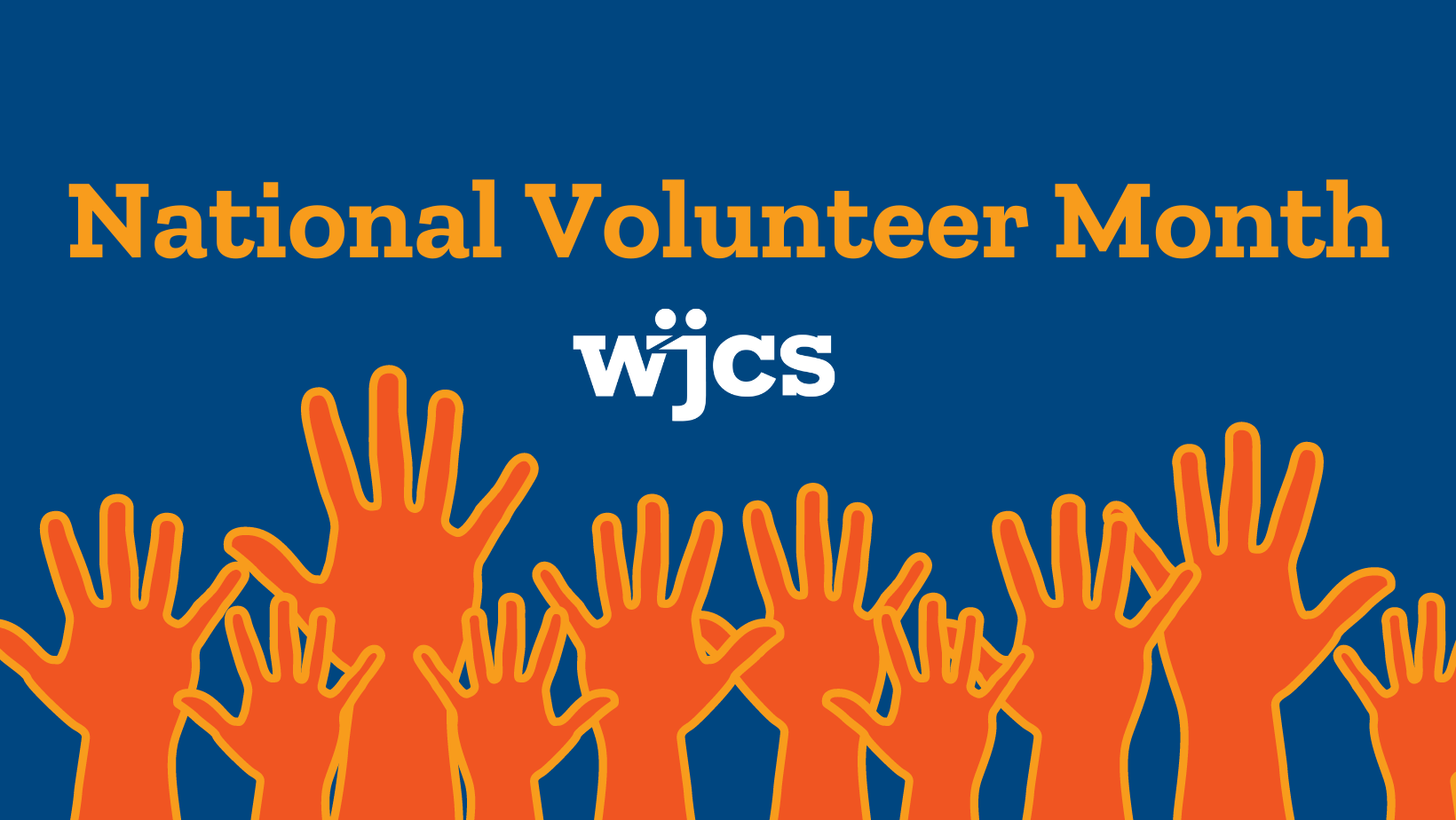Donna*, an only child in her late fifties, suspected that her mother’s Alzheimer’s was progressing. Her mom, a widow living alone in Bronxville, seemed increasingly confused when they spoke on the phone, plus Donna, who lived and worked in Las Vegas, was starting to receive phone calls from concerned neighbors. She decided to come east for a brief visit to get a handle on the situation. Once Donna saw her mom’s declining state, she felt increasingly anxious about leaving her. She decided to quit her job and move permanently back to New York to be her mother’s caregiver and advocate. For weeks, then months, and then years, Donna slept on the living room couch in her mother’s small, one-bedroom apartment, and each morning put away the bedding so there was a place to sit. She had no income of her own, and experienced the loneliness and isolation that often comes with caregiving. Five years after moving in with her mom, Donna’s mother had a bad fall, was hospitalized, and then transferred to a nursing home for rehab. Donna made the difficult decision to have her remain in the nursing home permanently. Donna’s story is reminiscent of so many. She first struggled with caregiving from a distance and then as a day-to-day caregiver and advocate. She dealt with the financial strains of giving up her income and the constraints of living in close quarters with her parent. And when her mother entered a nursing home, Donna could no longer stay in her mother’s apartment and needed to find low-income housing for herself. During this challenging process, Donna reached out to the Alzheimer’s Association for support and resource information. They referred her to the Pathways to Care program offered by Westchester Jewish Community Services (WJCS), which provides ongoing caregiver support by offering counseling to those caring for someone with Alzheimer’s or dementia.
At WJCS, we also offer caregiver support groups in White Plains. Research shows—and we have seen it in action—that being able to share feelings, resources, and practical tips with like-minded people helps caregivers feel less lonely, isolated, and judged. Our White Plains caregiver group runs concurrently with one that is for persons with dementia and is facilitated by a social worker and rabbi.
Three steps caregivers can take to alleviate the stress are:
1. Be informed and gather information about the illness your loved one has. It can help in making decisions and knowing what questions to ask.
2. Stay healthy by seeing your doctor regularly and taking small breaks, even just to walk around the block.
3. Ask for help when you need it.
Fortunately, Donna’s mother continues to do well in her nursing home and Donna is living in her own studio in a neighboring Westchester town. Donna appreciated the individual support WJCS provided and came away with a sense that she was not alone. It is a message we hope to convey to all caregivers.
*Not her real name
For information about Alzheimer’s/dementia caregiver support groups in White Plains and individual caregiver counseling, contact slieberman@wjcs.com (914) 761-0600 x2141.
Sarah Lieberman is a social worker in the Pathways to Care program at WJCS. She provides individual supportive counseling to caregivers and adults with chronic or life-limiting illness, and facilitates caregiver support groups.
The WJCS Pathways to Care program partners with the Alzheimer’s Association of Hudson Valley through a grant from the New York State Department of Health.
This article was first published in Westchester Jewish Life. It is published on WJCS.com with the permission of the publisher of Westchester Jewish Life newspaper.



